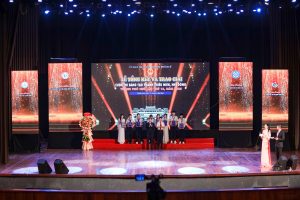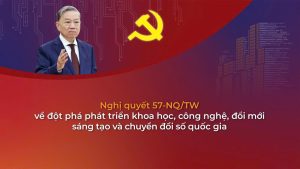By Fausto Pugnaloni,
Honorary professor at Huè University
Senior professor UNIVPM, Italy
These notes are born from my fruitful work around the problems on the themes of Cultural Heritage. The report to case studies, researches and projects has been developed in different contexts and geographic areas , but have a precious point of reference in Vietnam country, where I’m working and studying from more than twenty years.
An idea that has made headway in our time and we all might need to face up to more consistently in the future is the concept of the significance of our past.
The concept of cultural unity, the archaeological remains, the present forms of culture, the tangible aspects of the value of life, all these aspects emphasize their useful role in the growth of humanity.
The Cultural Heritage, its promotion, its continuous evolution based on the new archaeological finds have all meant a growing cultural awareness, concerning the importance of it as the very substrate of our existence. On the other hand, the study of cultural heritage is nothing but an understanding of our past, through our traditions, monuments, material resources and intangible ones.
You only have to think of the broad and multidisciplinary testimony of the Mediterranean world, that offers a clear, unequivocal tourist- economic reading of our lives and we may say the same for other areas (Asian too). It is important to highlight the need to protect areas that have been the heart of our world, our cultural heritage, what makes us who we are. These areas have been almost destroyed as a result of different wars, social changes, economic deformations that started a process of occupation for speculative reasons.
The challenge of conserving our heritage and knowing the past as a basis for the future can appear complex, but it is necessary to make it become a viable project, universally shared. Preserving the data that testify the development over the history, the type of paths chosen by people, the meaningful life of different people on earth, cannot but represent the founding basis for the future. The future and its evolution has to be promoted by an intercultural dialogue that will renew the concept of a shared research, developing future scenarios, suggesting possible realities. These ones will be ruled by technological pressures, that cannot be used as an argument to simply abandon our historical paths.
It is certain that our societies and our countries are deeply involved in a process of definitive reassessment of their own cultures, in line with the international approach that places heavy reliance on it to support an economic revival of every territory and country.
Here’s the thing: the territory.
It is clear and incontrovertible: the quality of the earthly space (right into the “bed” which represents a deep resource of our historical path) has to be a fundamental element of our considerations. There is no need to keep talking about the importance of being in close touch with nature and respecting its ecological system, in these years of disastrous consequences for the ecological balance of the planet. Actually, some aspects of the natural world, once known, have just put in place a list of errors and horrors due to an excessive “care”.
It sounds kind of bad for humanity.
Could we try to have a new focus on our past and present? Could we invoke the restoration of such status that is the closest to the concept of BEAUTY, we should make our own to create the right humus for a substantial change?
The path from the past towards a negative status of the planet due to wrong choices, has to be seen as a lack of attention towards the preservation of values. This attention could have led us along different paths, in order to guarantee our identities. The reason why it is worth making reflections in this sense is today’s situation, caused by our millennial uncontested dominance. The exponential growth in all fields (with particular reference to that of the technological progress) can’t be a model to inspire a future qualitative change of the natural and social system. There is no argument from G20, G8,… from United Nations which could compete with economic mechanisms based on the uncontrolled exploitation of natural resources.
We could tell ourselves that slow-growth models, based on the real needs of people, could bring us closer to a new restored territory, deprived of industrial monuments not comparable to ancient monuments, symbols of a glorious past we need to rediscover to guide the choices for our future.
May it make sense an attitude based on the value of rediscovery of the past and our ancestors, on the importance of gathering around places rich in culture, so badly set aside nowadays.
I went on a trip to Egypt some years ago, with a friend of mine, a famous archaeologist. We visited oasis frequented by Alexander the Great, among them the Shiva oasis. It brings back good memories to me.
In the open desert, the sand contrasted by the dominant green of the palms offered an interlude of wealth because of the presence of a small library on the blue water’s edge. That small building, close to the water, told me thousands of past events and showed me a fascinating world, at the same time so close and so far away, made to dictate the times and contents of an existence that can appreciate history made of people.
Continue this approach…..in the meanwhile Earth walks on.








